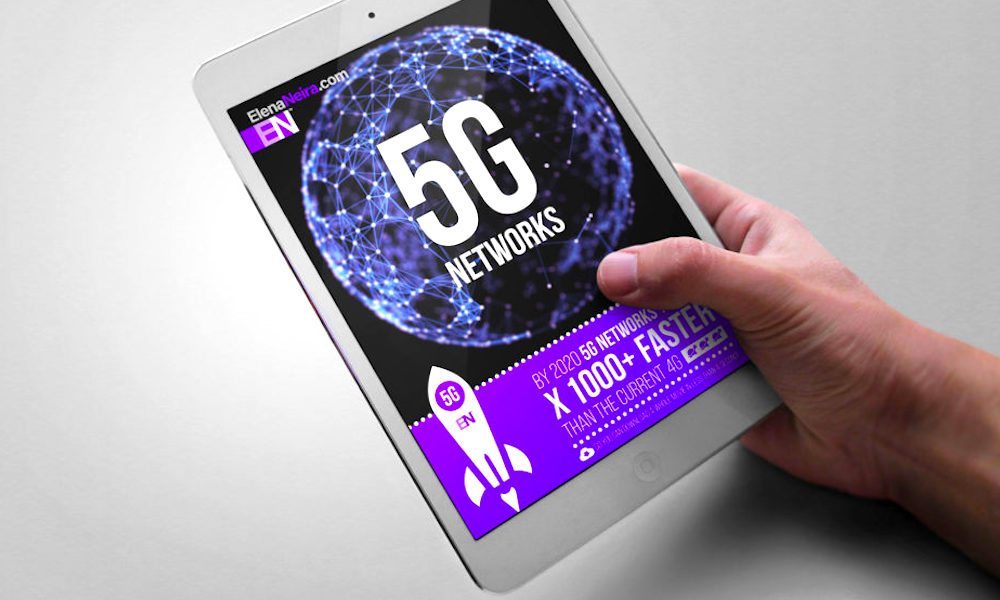Apple Granted License to Begin Testing Next-Gen 5G Wireless
 Credit: Elena Neira
Credit: Elena Neira
Toggle Dark Mode
The Federal Communications Commission (FCC) on Thursday approved Apple’s application to begin testing next-generation 5G wireless broadband technology, according to a report published this morning by DSLReports. The report goes on to cite that the FCC granted Apple an “experimental license” to exclusively test “millimeter wave broadband technology” (mmWave) on the ultra high-frequency 28 GHz and 39 GHz bands at two discreet locations near one of the company’s satellite offices in Milpitas, California.
Apple joins a growing list of firms, including U.S. telecom-giants Verizon Wireless, AT&T, T-Mobile, and Sprint, who’ve either already begun testing of their own, or have pledged to begin testing the next-generation wireless standard ahead of a broad rollout that’s expected to take place within the next few years. In addition, Silicon Valley heavyweights Facebook and Google are among the earliest contenders granted a license to begin preliminary 5G tests.
Interestingly, whereas Apple’s application notes a focus on the high-frequency mmWave 28 GHz and 39 GHz wavebands, wireless carriers including T-Mobile and Sprint, have elected to test their devices on the long-range yet lower-frequency 600 MHz and 2.5 GHz bands, respectively. There’s no indication as to why Apple has chosen the higher-frequency bands, however it’s worth noting that while all of the aforementioned companies are testing 5G in their own respect, the standard has yet to be finalized by the FCC.
Of course, while these companies are testing their devices on a variety of 5G frequencies ranging from 300 MHz to a whopping 43.5 GHz (exclusive to China), what consumers will more than likely end up with is a combination of high-frequency mmWave bands and the more traditional short-range, low-frequency bands currently being tested by wireless carriers.
Consumers shouldn’t expect a full-scale deployment of the standard until 2020 at the earliest, which would coincide nicely with the plans set forth by T-Mobile in its 5G announcement earlier this year. To learn more about next-generation 5G technology and what it will be capable of, be sure to check out iDrop News‘ extensive explanation of the technology.






